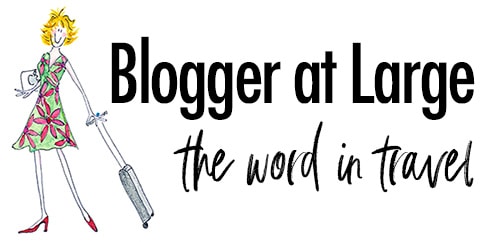I’ve been stung! My family and I were the victims of fake reviews online after naively assuming each happily satisfied person was telling the truth about the house we booked in New Orleans. Alas we found out the hard way that there were gaps between the lines that we should have read.
The property was so appalling that we escaped before the owner arrived and forfeited our first night’s deposit (read our sordid tale here>>>).
So, as I don’t want anyone else to get caught out by the fakers, here are five giveaways to look for when reading reviews online …
1. Too many superlatives
Fake reviewers can be professionals or family members of the property owner. Either way, one huge giveaway is they tend to overuse superlatives and exaggeration. They use “awesome”, “really” and “very” a lot. And watch for exclamation marks!! They’ll cover details that your regular guest wouldn’t even notice and err on the side of sounding like a gushing brochure.
2. Compare sites
TripAdvisor allows anyone to post a review, whereas Expedia allows only people who have booked through their site to post. It stands to reason that those who have booked and paid will be more reliable. A University of Southern California, Yale and Dartmouth College study found that smaller, independent hotels had more five-star reviews on TripAdvisor than on Expedia. I booked a place through VRBO and was not allowed to upload my negative review. After escalating it to management (and receiving two phone calls from HQ in Dallas) I was told “this is an advertising site”.
3. Fewer real experience reviews
Fake reviewers spend little time writing about their impressions of the place (because they’re probably sitting on the other side of the world and paid to blitz a website with a certain number of reviews by lunchtime). A Cornell University study assigned students the task of writing fake reviews for 400 Chicago hotels. Twelve per cent of them spent one minute writing each one. They tend to feature more “I” and “me” to cover their circumstances rather than any specific detail about the hotel, the room, the facilities, the amenities…
4. Check the timing
Some companies hire writers at $10 a pop to write fake reviews. (Yes!) Check the time stamps on when the bulk were posted on sites like Tripadvisor or Air BnB or VRBO as many contractors get 48 hours to turn a few hundred around. If you’re suspicious, you can also click on the reviewer profile to gauge how honest they seem on a range of other properties. This story in the Daily Mail shows how an astute Indian restaurant owner checked the writer profile and found he’d posted 4 bad reviews of Indian restaurants on the same day. Tripadvisor eventually pulled the reviews.
5. Read them all – and the manager’s response
The biggest tip is to read through lots of reviews for the property you’re interested in. Cull the over-enthusiastic ones and the miserable ones, assuming they have been written by the hotel’s employees and their po-faced competitors, and what you’re left with will likely be the honest average. And if you see this: “TripAdvisor has reasonable cause to believe that either this property or individuals associated with the property may have attempted to manipulate our popularity index by interfering with the unbiased nature of our reviews. Please take this into consideration when researching your travel plans” run a mile. I also like to read responses from managers to the bad reviews as sometimes you’ll see another side to the tale.
Hope that helps! Let me know in the comments if you’ve had a shocker too 🙂

